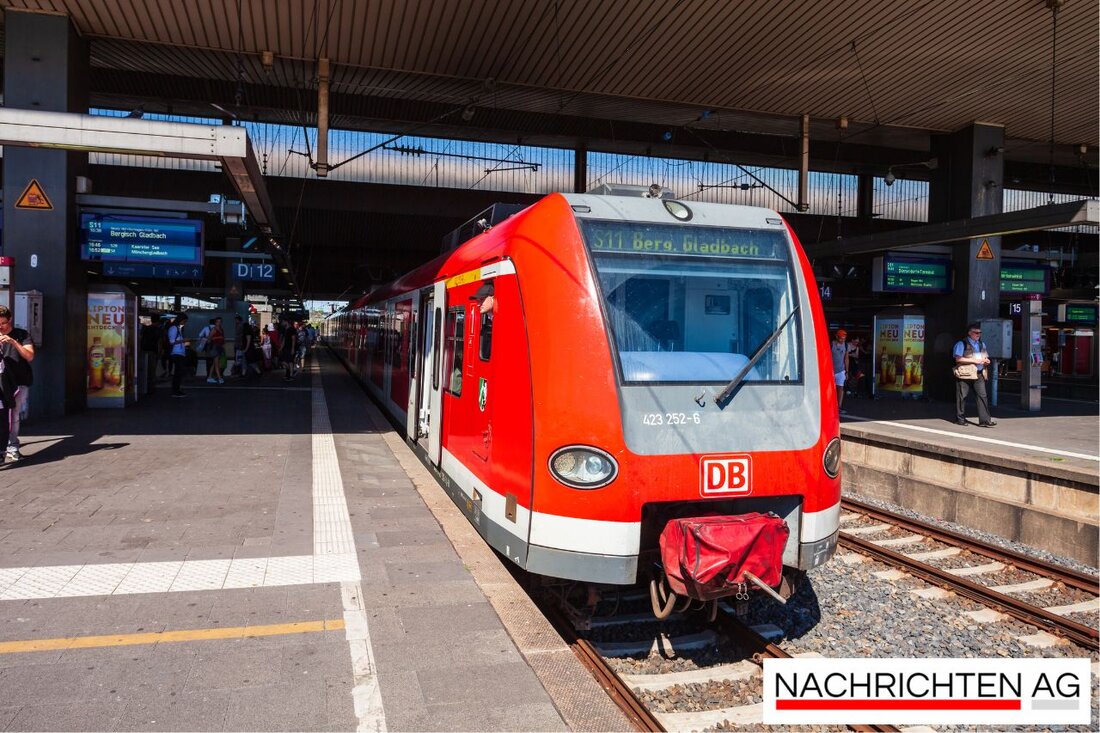Train cancellations in September: Commuters in Schleswig-Holstein have to reschedule!
Train cancellations and construction work in Hamburg and Schleswig-Holstein in September 2025: Current information on timetable changes and replacement services.

Train cancellations in September: Commuters in Schleswig-Holstein have to reschedule!
In Schleswig-Holstein, many things will not go according to plan in September 2025. Current construction work by Deutsche Bahn and Nordbahn is leading to a number of train cancellations, timetable changes and replacement bus services. Commuters and travelers have to prepare for cancellations, delays and diversions, especially at night. The routes between Hamburg and Berlin are particularly affected, where a general renovation is being carried out, which is expected to last until April 2026, as ndr.de reports.
The disruptions affect numerous important main routes. For example, regional traffic ends on the connectionWrist/Itzehoe – Hamburg (RB61, RB71)from September 4th to 25th in Hamburg-Altona, and further restrictions are also to be expected in the last days of September. Also the routeHusum – Bad St. Peter Ording (RB64)will be affected by train cancellations from September 12th. The list of restrictions grows: the complete blocking of the connection betweenKiel – Eckernförde – Flensburg (RE72)causes complications for further days, especially in the period from September 1st to 4th, followed by night closures on September 12th and 13th.
Important information for travelers
For everyone who relies on rail, there are several sources of information to find out about current timetable deviations. The necessary information is available both on the Nordbahn homepage and via the automatic disruption map from db-fahrplan.com. The Deutsche Bahn app allows you to track current developments, including delay alarms and real-time train positions. This means commuters always stay informed, even if there are unexpected delays.
The platform also provides an overview of the construction site planner, which could prove useful for commuters. Despite the inconvenience, the increasing importance of rail transport in Germany, especially in view of climate change, shows an important step towards sustainable mobility. Shifting passenger and freight transport to rail could help to significantly reduce CO₂ emissions, as statista.com highlights.
Politicians have already initiated measures to promote rail transport. These include, among other things, the reduction in VAT for long-distance rail transport and increasing investments in rail infrastructure. Although Germany is still significantly behind other European countries, work is being done to improve it in order to keep public transport attractive for future generations. It remains to be seen how the current situation in Schleswig-Holstein will affect long-term traffic.

 Suche
Suche
 Mein Konto
Mein Konto